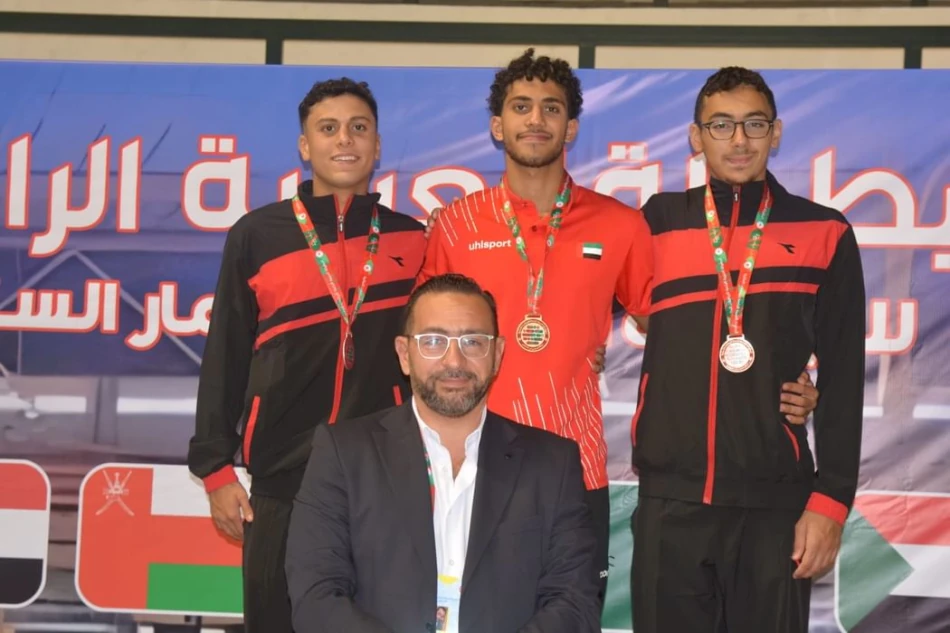
UAE Swimming Team Secures Two New Medals in Morocco
UAE Swimming Emerges as Regional Powerhouse with Five-Medal Haul at Arab Championships
The UAE's national swimming team is making waves at the Fourth Arab Aquatic Championships in Morocco, collecting five medals including two golds that signal the nation's growing dominance in regional aquatic sports. Rahim Talaba's victory in the 800m freestyle and Adaoriman Obara's bronze in the 100m freestyle highlight a strategic investment in swimming infrastructure that's paying dividends on the international stage.
Breaking Records, Building Momentum
Rahim Talaba's gold medal performance in the grueling 800m freestyle represents more than just individual excellence—it demonstrates the UAE's systematic approach to developing middle-distance swimming talent. The 800m freestyle is considered one of the most technically demanding events, requiring both speed and endurance that typically takes years to develop.
Complementing this success, swimmer Adaoriman Obara secured bronze in the 100m freestyle, a sprint event that showcases the team's versatility across different swimming disciplines. The UAE's current medal tally of two golds, two silvers, and one bronze positions them among the top-performing nations at the championships.
Strategic Investment in Aquatic Sports
The UAE's swimming success reflects broader trends in Gulf state sports development. Similar to how countries like Singapore transformed from regional participants to global competitors through targeted investment, the UAE appears to be following a deliberate path toward aquatic excellence.
The 10-member delegation competing in Morocco represents a carefully selected mix of experienced swimmers and emerging talent. Names like Hussein Mohammed Shawki, Bati Al Mansoori, and Issa Al Hatawi suggest a pipeline of athletes capable of sustaining this momentum beyond the current championships.
Regional Competition Heating Up
The Arab Aquatic Championships have become increasingly competitive as Gulf nations invest heavily in sports infrastructure ahead of major international events. The UAE's performance comes as neighboring countries also ramp up their aquatic programs, creating a regional arms race in swimming development.
This competition benefits the entire region, as higher standards push all participating nations to elevate their training methods and athlete development programs. The UAE's success in Morocco could trigger additional investment from other Arab nations seeking to match this performance level.
Long-term Implications for UAE Sports
Beyond immediate medal counts, these championships serve as crucial preparation for larger international competitions. The experience gained by swimmers like Ghanem Al Suraidi, Hamad Al Ali, and Mira Al Shehhi in high-pressure regional competition translates directly to improved performance at global events.
The technical and administrative support structure accompanying the team indicates institutional commitment that extends beyond individual tournaments. This systematic approach—combining athlete development with professional coaching and administrative support—mirrors successful models employed by established swimming nations.
With several events remaining in the championships, the UAE team's current trajectory suggests additional medals are within reach, potentially establishing new benchmarks for Emirati swimming on the regional stage.
Most Viewed News

 Sara Khaled
Sara Khaled






